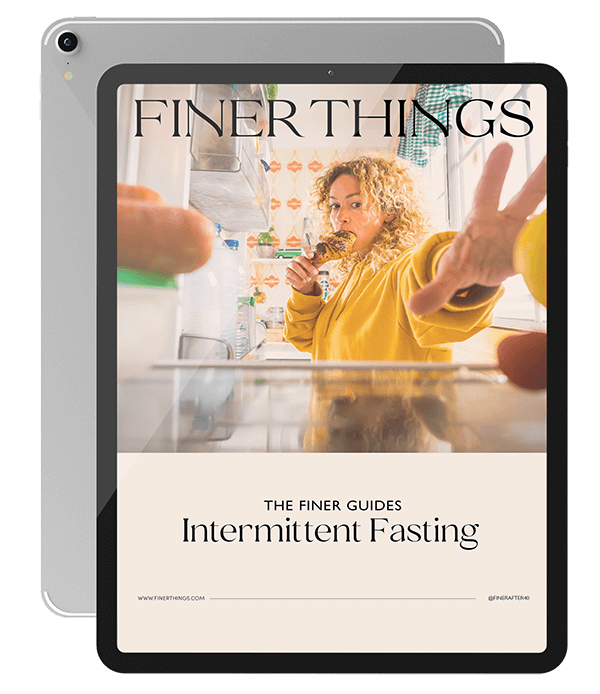How to Avoid Cheating Emotionally on Your Spouse

By Franki Hanke
Is “emotional infidelity” really a close friendship? What’s wrong with it?
We have a clear definition of most extramarital affairs. Physical affairs are clear-cut, but what about an emotional affair? Emotional support from more than one person is normal. Especially as we turned to social media and other people during COVID-19. But at what point does emotional intimacy between friends make you a cheater? Do we know how to avoid emotional affairs?
Emotional infidelity comes down to the special emotional connection with your current partner. Let’s break it down.
What is an emotional affair?
An extramarital affair is when you break the boundaries of a committed relationship. So, our traditional definition crosses physical boundaries. An emotional affair crosses emotional boundaries. Many of these are silently understood or assumed.
An emotional affair may begin like a platonic friendship. But, there’s a point where the chemistry involved crosses a line for your current relationship.
This might look like intimate conversations, frequent texting, or sexual fantasies. But, in many contexts, these emotional bonds are normal. Close friends involve intimate conversations and frequent texting. Even fantasizing about someone else is normal as attraction is biological. So, when is it emotional cheating?
The difference is in how this compares to your current relationship.
–Are you spending more emotional energy with this secondary relationship?
–Is this is a build-up towards a sexual affair?
–Do you hide your interactions with the other relationship from your significant other?
–Have you considered sexual infidelity with this person?
A “yes” is a warning sign of emotional infidelity.
It comes down to this: Is the outside relationship a friend or a budding romance? If you feel guilty thinking about it, you likely know the answer yourself.
What do I do if I’m in an emotional affair now?
Show yourself some love.
You likely connected with someone else because emotional needs were going unfulfilled. Before you blame yourself harshly, recognize your unmet needs. Think about your primary relationship.
–How is your current sex life?
–Has your physical intimacy declined recently?
–How frequent is validation in your primary relationship?
–How does your partner support your mental health?
–How comfortable are you sharing intimate thoughts with your primary partner?
Get The Finer Life
Our Sunday email has tips and content you will love – exclusively for our subscribers.
"*" indicates required fields
Unmet needs in your current relationship may mean this is a coping mechanism. Have grace for yourself, especially in the strain of COVID over the past year.
You might have realized that your primary relationship has come to its natural end. If that is the case, deal with that realization first. If you’re going to end your current relationship, do so before anything further with the other person.
Now, with grace for yourself and respect for your primary relationship, you can make a change.
Take Stock of the Situation
Since emotional infidelity can look different, judge yourself how severely to respond.
Adjust the Secondary Relationship
Scale back the other relationship to a more appropriate level. If the intimate or romantic relationship budding is too intense, you may need to cut contact.
Communicate with them with the same respect as your current partner. That person is still someone with feelings. Consider their mental health as you work to improve your primary relationship.
Address your Current Relationship
Then, you should address what in your current relationship triggered this. You might want to tell your partner about what led here and use that to lead into your needs.
“I realized that I’ve been turning to [Name] more than you lately, which is unfair to our relationship. I think that’s a result of x, y, and z.”
What you do next depends on the intimate details of your emotional affair. This conversation may be different.
Often, we recognize these warning signs before any major harm based on a gut feeling of guilt. Use your judgment and proceed with care and respect.

Fix your Unmet Needs
Then, talk to your partner about what’s missing for your romantic wellness to make changes to improve. You may recognize that some needs are larger than one partner. While your partner should support you, some mental health issues need more support.
Together, create a plan for improvements. If you think your needs cannot be met within this relationship’s current boundaries, open a discussion about changing them now. It’s better to agree on new boundaries together than to cross them again in the future.
If you think you need more than one person provides, look into ethical non-monogamy. Healthy relationships can look a multitude of different ways. For an affair-proof relationship in the future, you may need different boundaries.
If you think you need more support specifically for mental health concerns, look into a personal therapist. Healthy relationships thrive when our expectations are fair, so don’t expect a single person to fulfill a role better filled by a trained professional.
If this process feels impossible, consider a couples or family therapist. A professional now can improve your relationship before larger issues appear.
How to avoid emotional affairs in the future?
If you haven’t found yourself there yet, but this worries you (and if you’re this far in the article, it’s clearly on your mind), have a talk about boundaries. Address your emotional needs more directly both with personal reflection and/or a personal therapist and as a couple.

Want a Free Guide?
You will receive our free 19-page guide and access to our exclusive content, private invitations, and tips you’ll love.
"*" indicates required fields
Facebook Group

